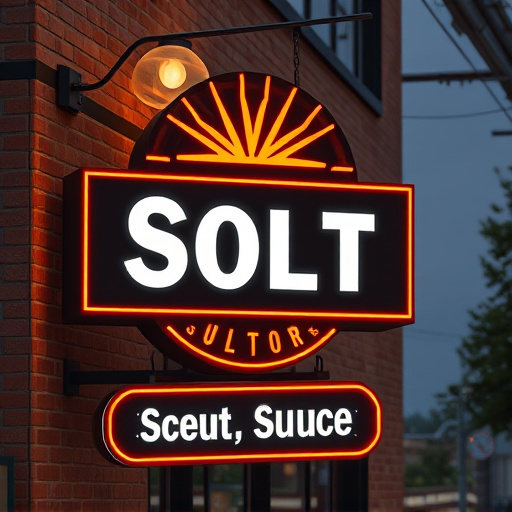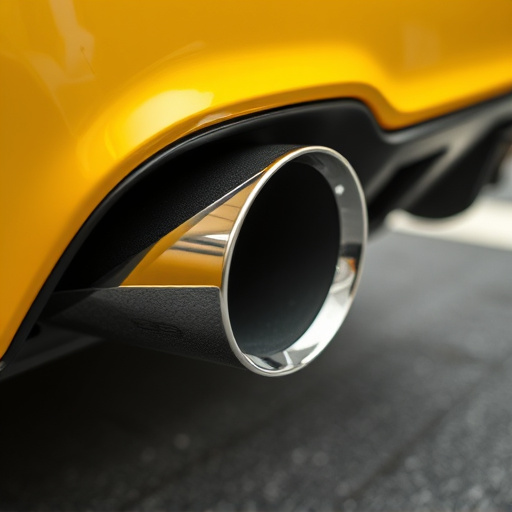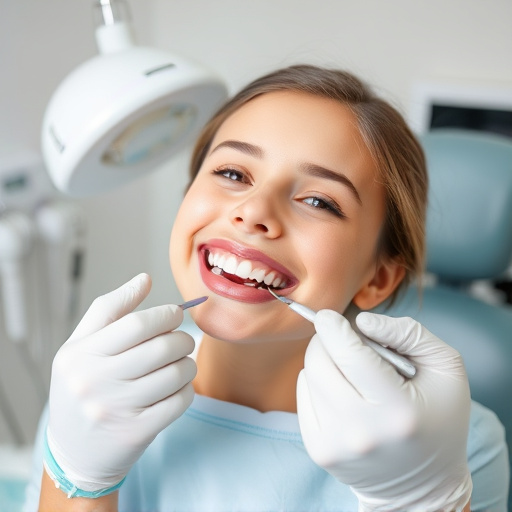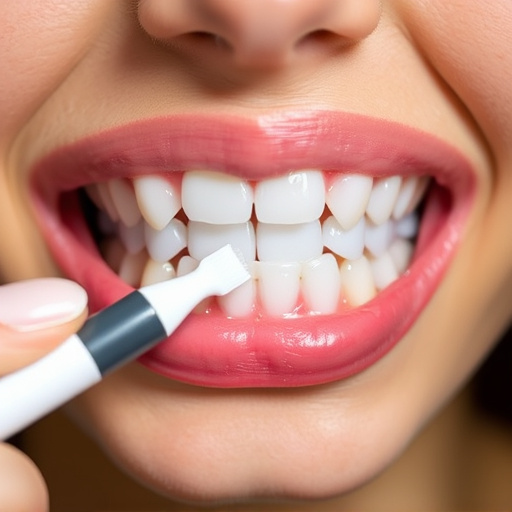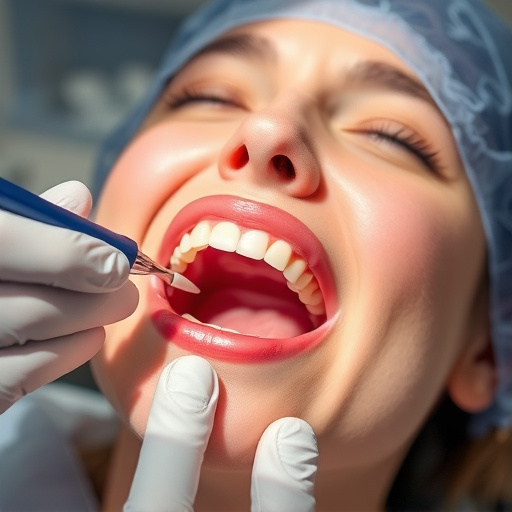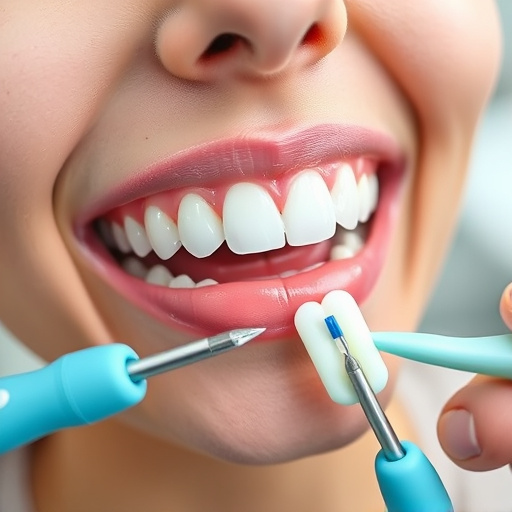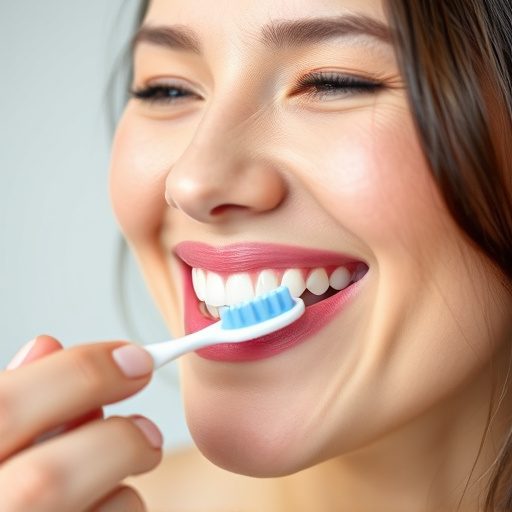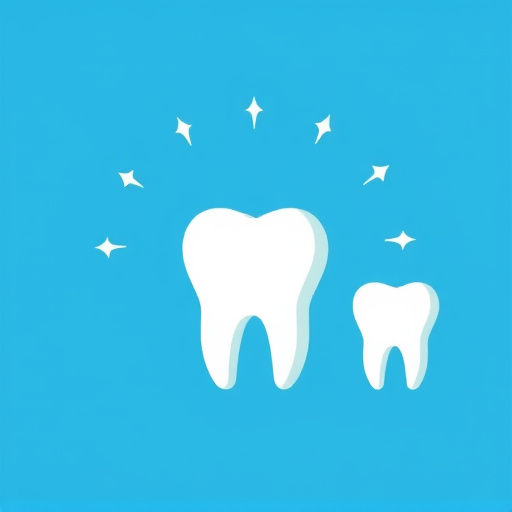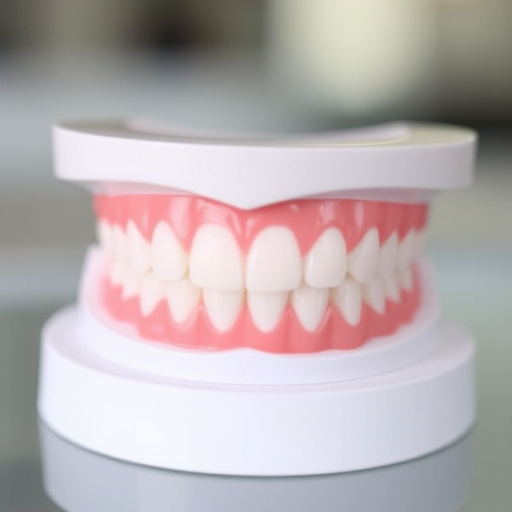Recognizing early signs of dental emergencies like pain, swelling, or visible damage is crucial for maintaining oral health. Regular preventive dental care, including routine exams, detects minor issues like decay or gum disease early, preventing complex treatments later. Immediate action on knocked-out or damaged teeth reduces infection risk. Comprehensive preventive dental care emphasizes check-ups, cleanings, X-rays, and personalized advice for proactive oral health management.
Emergency dental care isn’t just about alleviating acute pain; it’s a crucial step in minimizing further damage to your oral health. Recognizing emergency issues early and taking swift action can significantly impact long-term oral health, preventing more complex and costly procedures. This article explores strategies like recognizing signs of distress, understanding the benefits of immediate treatment, and emphasizing preventive dental care to reduce future complications, ultimately guiding you towards a healthier smile.
- Recognizing Emergency Dental Issues Early
- Swift Action: Benefits for Long-Term Oral Health
- Preventive Care: Reducing Future Complications
Recognizing Emergency Dental Issues Early
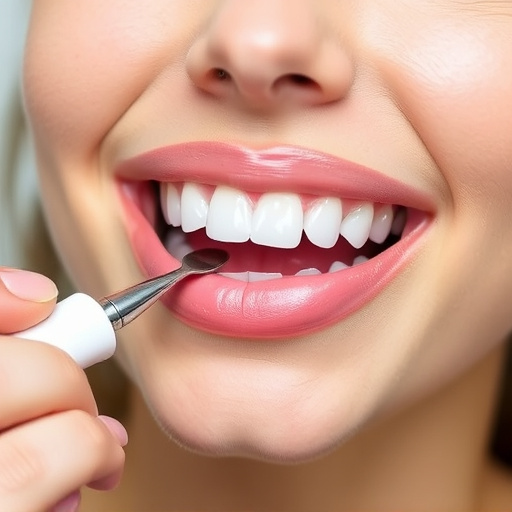
Recognizing potential dental emergencies early on is a crucial step in maintaining optimal oral health and preventing further complications. Many people often overlook minor discomfort or unusual symptoms, delaying necessary action until a more severe issue arises. However, timely intervention can make a significant difference. Pain, swelling, bleeding, or any sudden changes in your mouth are red flags that shouldn’t be ignored. For instance, a tooth that’s suddenly sensitive to temperature or touch, especially if it’s accompanied by visible damage or a pimple on the gum line, warrants immediate attention. These early signs could indicate an infected pulp (pulpitis) or even a potential abscess, which, if left untreated, can lead to more serious health risks and expensive procedures like tooth extractions.
Regular routine oral exams play a vital role in preventive dental care. During these visits, dental professionals can detect issues at their earliest stages, including minor cracks in teeth, gum inflammation, or signs of decay. Early detection allows for less invasive treatments, such as applying dental crowns to save a damaged tooth instead of resorting to complex procedures later on.
Swift Action: Benefits for Long-Term Oral Health

Swift action following a dental emergency is crucial for minimizing long-term damage and maintaining optimal oral health. When a tooth is knocked out or severely damaged due to trauma, immediate treatment can significantly reduce the risk of infection, inflammation, and further deterioration of the affected area. Preventive dental care emphasizes the importance of early intervention, as it can prevent small issues from escalating into more severe problems that require complex procedures such as dental implants or extensive restorative work.
Regular routine oral exams play a vital role in identifying potential risks and addressing them promptly. During these check-ups, dentists can assess the overall health of your teeth and gums, detect early signs of decay or gum disease, and provide appropriate treatments, including dental bonding for minor cracks or chips. By adopting proactive measures and seeking immediate care during emergencies, individuals can protect their oral health, avoid costly procedures in the future, and maintain a beautiful smile.
Preventive Care: Reducing Future Complications
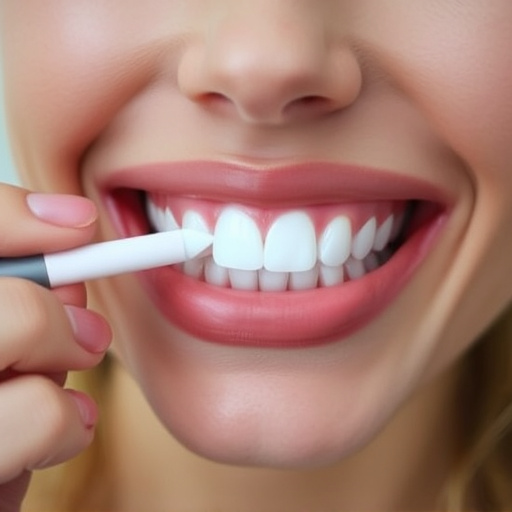
Preventive dental care is a cornerstone of maintaining good oral health and minimizing future complications. Regular check-ups and cleanings with your general dentist are essential components of this type of care. During these visits, your dentist can identify potential issues early on, such as cavities or gum disease, before they escalate into more serious problems like tooth extractions or extensive restorative treatments. Comprehensive dental care includes not just cleaning but also examinations, X-rays, and personalized advice to help you maintain optimal oral health at home.
By prioritizing preventive dental care, individuals can significantly reduce their risk of developing complex oral health issues. This proactive approach ensures that any problems are caught in their earliest stages, making treatment more manageable and effective. Moreover, it helps to avoid costly and time-consuming procedures down the line, promoting a healthier smile and overall well-being.
Emergency dental care isn’t just about alleviating acute pain; it’s a crucial step in minimizing further damage and maintaining long-term oral health. By recognizing emergency issues early and taking swift action, you can prevent more serious complications and reduce the need for extensive future treatments. Preventive dental care starts with addressing emergencies promptly, ensuring your mouth stays healthy and strong.

